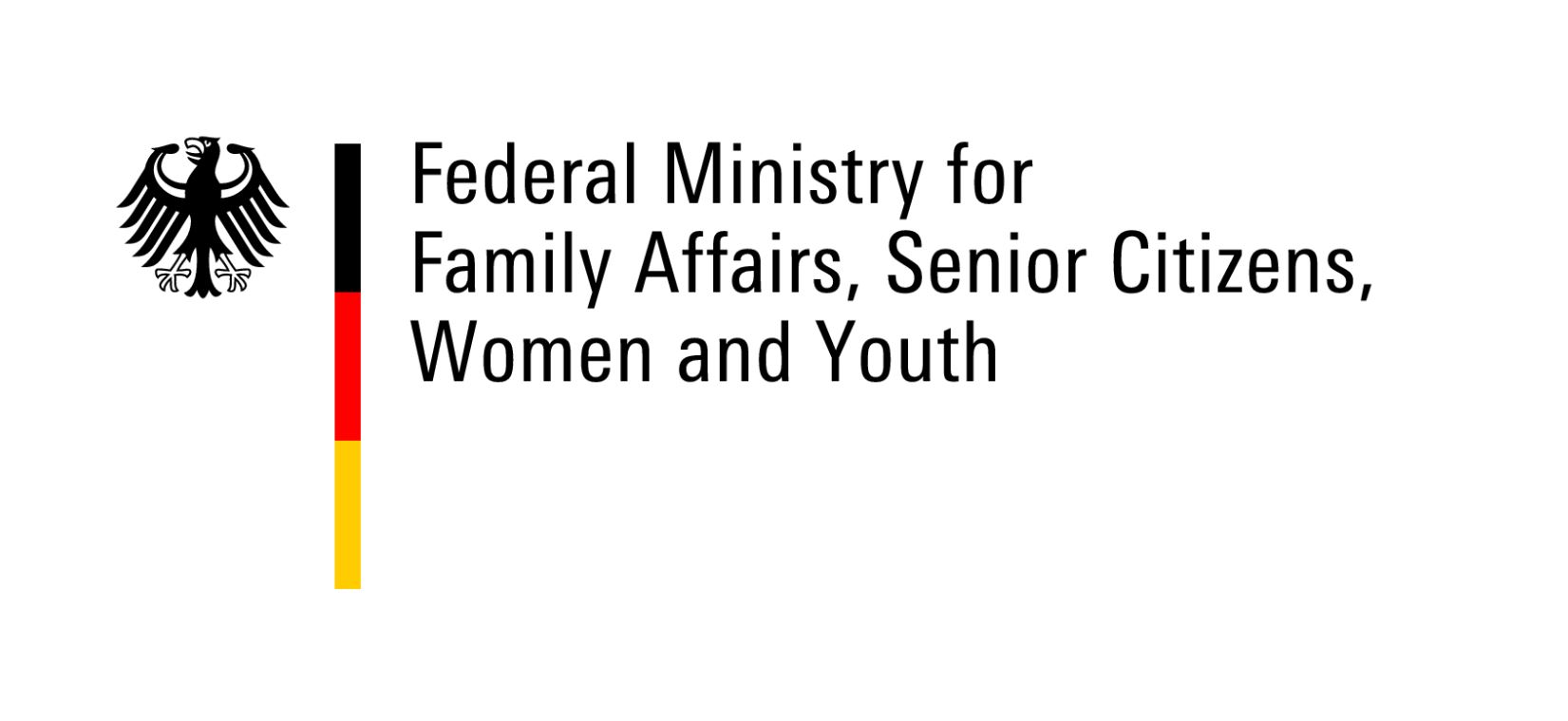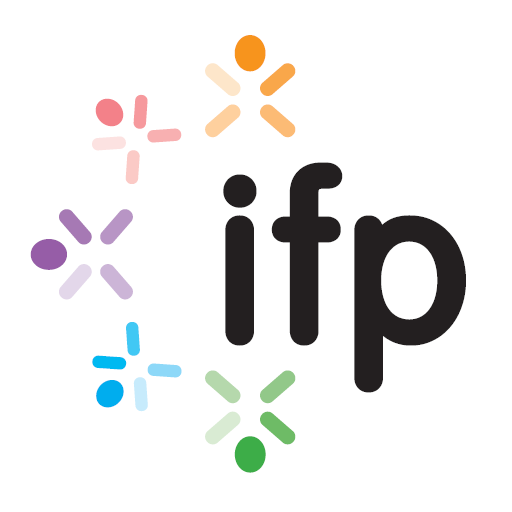Workforce Profiles
in Systems of Early Childhood Education and Care in Europe
Third revised and expanded edition of the seepro studies

Project team
Dr. Inge Schreyer (IFP), Project director
Tel. ++49-89-99825-1940, Email: Inge.Schreyer@ifp.bayern.de
Pamela Oberhuemer
Hon. Senior Research Associate (UCL), Senior Research Fellow (IFP)
Email: pamela@oberhuemer.com
Timeline: March 2021 – February 2024
Project funding
Federal Ministry for Family Affairs, Senior Citizens, Women and Youth
Funded by:

Here you can find the current project flyers in English and German
Webpage of the project: www.seepro.eu
Rationale
The original seepro project (lead researcher: Pamela Oberhuemer) was conducted between 2006 and 2009 and based at the State Institute of Early Childhood Research. The study reviewed and analysed the professional education and training, occupational profiles and work settings of early childhood personnel in the context of the ECEC systems in 27 European Union countries (EU27), following on from an earlier IFP study in the EU15. Commissioned reports by national experts and semi-structured interviews with a range of partners in each country provided the basis for developing systematic country profiles. Two substantial book publications produced at the end of the project in both English and German included 27 country profiles and a cross-national analysis of key features of the early childhood workforce (Oberhuemer & Schreyer, 2010; Oberhuemer, Schreyer & Neuman, 2010). A compact summary of the professional qualifications of core practitioners has been available (in German only) as a pdf download since 2009.
Across Europe, national systems of early childhood education and care (ECEC) are undergoing continuing expansion and consolidation, and the staff working in early years settings continue to be viewed as the key contributing factor to the quality of daily interactions with the children. Since the end of the previous study, many countries have instigated reforms – not least regarding the structures of initial and continuing professional education/training as well as the qualification and competence requirements for the early childhood workforce.
In Germany, knowledge about staff qualifications in other countries is becoming ever more important, particularly in the face of widespread staff shortages and increased mobility between countries. Regional state authorities, service providers and also recruitment agencies and individual ECEC centres are faced with the question as to whether, and if so, in what way staff from other countries can be employed in early childhood settings in Germany. The need for such information has been confirmed, for example, by the Bavarian state youth welfare office which until now has relied heavily (alongside the legislative requirements) on the above-mentioned publications in order to assess the non-German qualifications of practitioners wishing to work in Bavaria. Moreover, in professional circles – both in Germany and beyond – strong interest has been shown in an update of the seepro data, e.g. by participants attending conferences of the European Early Childhood Education Research Association (EECERA).
Project aims
For the reasons outlined above, the main aim of the new seepro-r project is to revise and update the previous country profiles. Moreover, Croatia as a new EU member state, as well as Russia and the Ukraine will be included in the expanded compendium. According to information from youth welfare offices and services providers, those seeking work in early childhood settings in Germany most often come from these countries. Altogether seepro-r will provide relevant data for 30 countries.
Project design and research procedures
To a large extent, contacts still exist with the experts who contributed to the seepro project. In some cases it will be necessary to recruit new cooperation partners, not least in Croatia, which became a member of the EU in 2013. In the latter case, a 5-day research visit will be organised for interviews with ministry officials, professional education/
training specialists, researchers, representatives of professional organisations and other key stakeholders. Contacts to Russia and the Ukraine are planned over an agency specialising in the recruitment of staff from these two countries.
On the basis of research questions provided by the project team, national experts will be responsible for revising and updating the previous country profiles regarding qualification requirements and the initial and continuing professional education/training of staff working in early childhood settings. These will be expanded to include recent reforms and developments such as the European and National Qualifications Frameworks. Original country profiles will be created for Croatia, Russia and the Ukraine. The country experts will also be asked to state how they plan to disseminate the updated and revised seepro data in their country.
For each country, a synopsis of key contextual data will provide complementary information on the main features of the ECEC system and country-specific demographics and statistics. The synopses will be collated by the project team and sent to national experts for validation.
Analysis and documentation
The findings on the initial and continuing professional education and training of the early years workforce, together with the summaries of key contextual data, will be presented by the project team as online publications. At the end of the project, it will be possible to download these free of charge from the IFP homepage. Alongside the publication of findings from all 30 countries in both English and German, individual country profiles will be available for a wide audience of professional education and training institutions, administrative experts, employers, researchers and practitioners.


